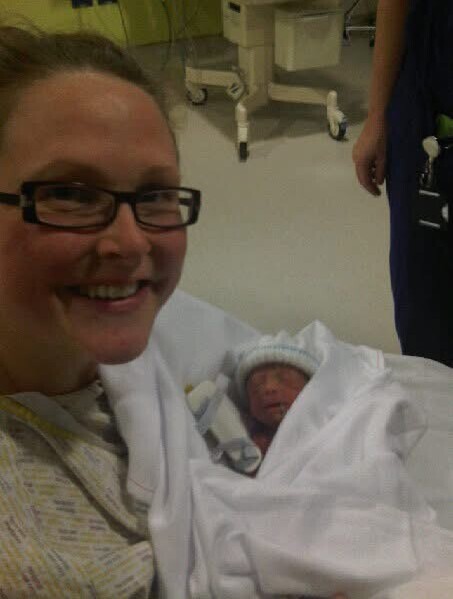On Monday 17 November we mark World Prematurity Day, a day to shine a light on the courage, the worries, the hope of families whose babies arrive early. I know that journey well: back in 2010 our baby was born at 29 weeks, and as we waited in the neonatal unit I felt the fear, the uncertainty, the longing to just be together. At that time financial support around the early days simply wasn’t there, and I had to start maternity leave immediately, pay worries weighing heavy.
Today, I’m heartened to share that things are changing. The UK government has introduced the new statutory right to neonatal care leave and pay. This matters for families like ours, and maybe for yours too.
What is neonatal care leave and pay?
Here’s a plain language breakdown of the new entitlement:
If your baby is born and enters neonatal care (that is, hospital care or continued consultant-led care within the first 28 days of birth) and stays in such care for at least 7 consecutive days, you may now have the right to additional leave.
The entitlement applies to parents of babies born on or after 6 April 2025.
The leave: you can take up to 12 weeks of Neonatal Care Leave, one week’s leave for every full week (7 consecutive days) your baby is in neonatal care, up to that 12-week cap.
The pay: if you meet the eligibility conditions (for example, at least 26 weeks’ service at the employment ‘relevant date’ and average earnings above the threshold), you may get Statutory Neonatal Care Pay. This is paid at the statutory rate (currently £187.18 per week as a flat rate) or 90% of your average weekly earnings, whichever is lower.
This leave is on top of other family leave entitlements such as maternity, paternity, adoption, and shared parental leave. It does not replace them.
The leave must be taken within 68 weeks of the baby’s birth.
Why this matters
When my baby arrived at 29 weeks, we entered a world of constant hospital trips, medical terms, relentless worry for their tiny body, and the parallel pressure of finances, work, and home. We were blessed with an amazing neonatal unit team, but there was no specific statutory leave or pay to support us staying by their side. I started maternity leave straight away, but the weeks and months ahead felt precarious and under-resourced.
Now, knowing that a family in 2025 onwards can lean on this new right gives me hope. It means more breathing room to be present, to focus on our little one’s progress, to heal mentally and emotionally without the extra layer of “how will I pay the bills?” hanging over us.
For employers, it signals recognition that babies born early or poorly need their parents around them, and that supporting that presence is good for families, for wellbeing, and for society.
What to check and action steps for parents and employers
If you’re a parent (or soon to be) and your baby might need neonatal care, or you simply want to be prepared:
Check if your baby qualifies (born on or after 6 April 2025, admitted into neonatal care within 28 days of birth and stays at least 7 consecutive days).
Check your employment situation: how long you’ve been with your employer, your average earnings, and whether you meet service period requirements for pay entitlement.
When discussing with your employer or HR, mention the statutory guidance on the entitlement, how it sits in addition to other leave, and that your rights are protected (for example, your right to return to work, holiday accrual, and pay rises during neonatal care leave).
Plan for your wellbeing. Being with a baby in neonatal care is exhausting both emotionally and physically. Remember this leave exists for you to support your family.
If you’re an employer or HR professional, update your policies to reflect the new entitlement which came into force on 6 April 2025.
A personal note
To the families walking this road now, with the constant NICU alarms, the monitors, the uncertainty of “what will tomorrow bring,” and the feeling of being torn between wanting to be home and needing to be at the cot-side, I remember it. I remember holding my breath each morning, the fear intensifying as I picked up the phone to call the Unit for the first update of the day. I remember the first time we brought him home, only to end up in a different hospital within a week for a hernia repair. My heart goes out to you.
The star of our story is now nearly 16 years old, but the memories of that time will always stay with me, and they have definitely made me stronger
What should you do now?
If you’re a parent or expectant parent, talk with your employer now, check your rights, and ask about neonatal care leave policy. If you’re an employer, share this post with your team and review your family leave policies so that no parent has to choose between being with their baby and paying the bills.
To everyone: please share this post (on socials, via email, within your network) on 17 November to spread awareness, invite others to recognise prematurity and how far we’ve come, and how far we still must go.




